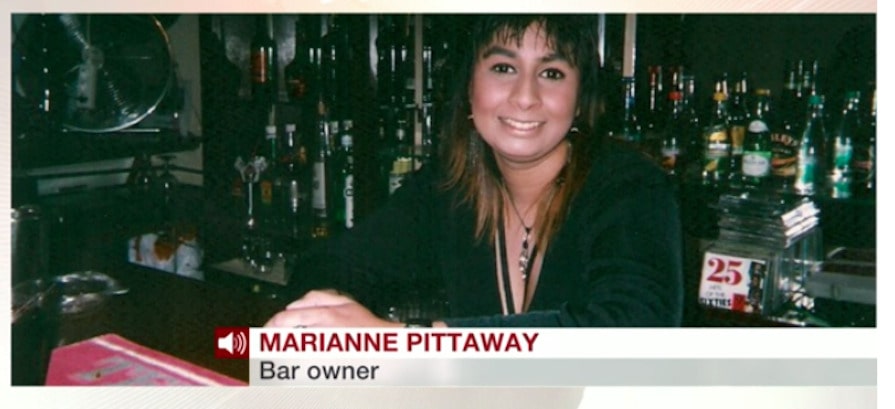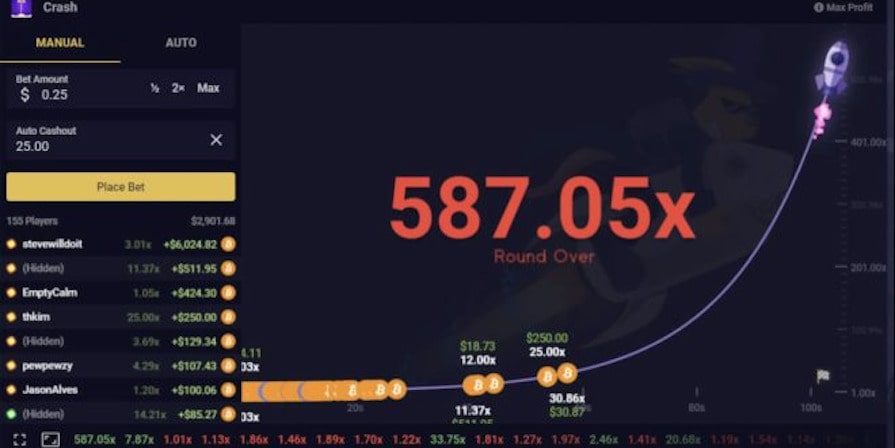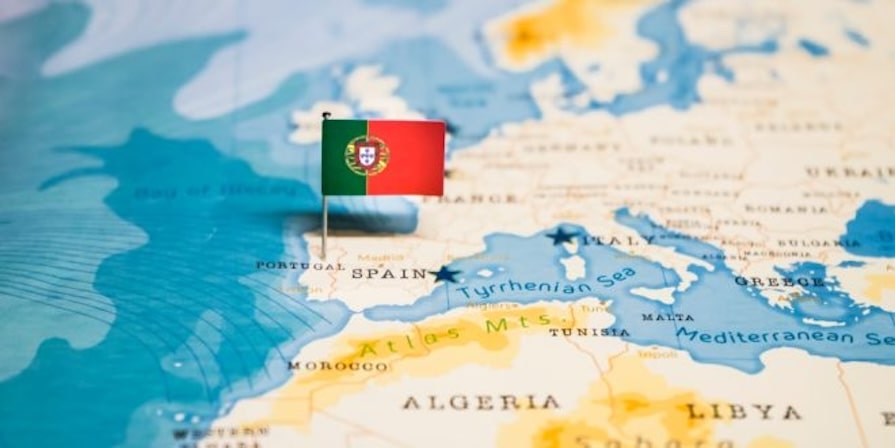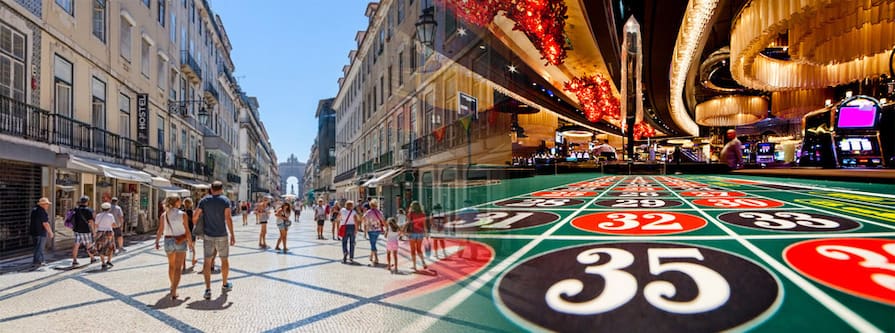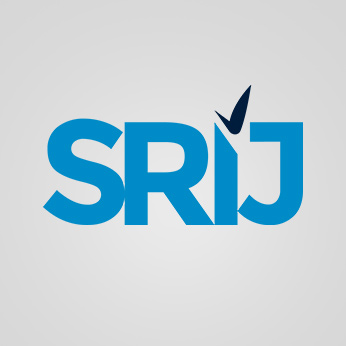

The Portugal Gambling Inspection and Regulation Service (Serviço de Regulação e Inspeção de Jogos, SRIJ) serves as the principal regulator of gambling in Portugal, operating under the auspices of the Portuguese Tourism Board (Turismo de Portugal). This regulator exemplifies the evolution of gaming legislation in Southern Europe, reflecting both the country’s traditional values and the contemporary trends shaping the industry.
Historical Development
The history of gambling regulation in Portugal spans several decades, yet the contemporary phase commenced in 2015 with the enactment of Law DL 66/2015. This legislative act established a comprehensive legal framework for the regulation of online gambling in the country and significantly enhanced the powers of the SRIJ. Notably, prior to 2015, online gambling in Portugal existed in a legal vacuum, and it was only with the introduction of this new law that a clear regulatory structure emerged.
In June of 2013, twenty-eight British and Irish holidaymakers were fined after the Portuguese police apprehended them engaged in a game of bingo for cookies and drinks. The hostess, Marianne Pittaway from North Yorkshire, was fined €700 for organising the game at the Yorkshire Tavern in Albufeira. The 34-year-old Mrs Pittaway also received a four-month suspended prison sentence.
In October 2023, the SRIJ introduced specific regulations for Crash games in the Portuguese market.
Geographical location
The Regulatory and Inspection Service for Gambling in Portugal (SRIJ), operates as a part of the National Tourism Authority.
Structure and Leadership
SRIJ operates as an independent regulatory authority within the Portuguese government.
Its organisational structure is comprised of several key divisions, each responsible for distinct aspects of regulation:
- Licensing Department: responsible for granting licences to operators, ensuring their compliance with rigorous criteria.
- Compliance and Monitoring Department: oversees ongoing operations to ensure adherence to regulatory requirements.
- Consumer Protection Department: focused on safeguarding player rights and promoting responsible gambling practices.
- Legal Department: addresses legal matters pertaining to gambling legislation and its enforcement.
Regulatory Powers
The SRIJ possesses extensive regulatory powers in the gambling sector, encompassing various facets of operators’ activities:
- Licensing: The authority issues licences for online sports betting, casinos, and various other forms of gambling. Operators must demonstrate financial stability, integrity, and compliance with anti-money laundering (AML) regulations.
- Monitoring and Enforcement: The SRIJ conducts regular audits and inspections to ensure operators adhere to established standards. This includes monitoring unlawful activities and imposing sanctions for non-compliance.
- Consumer Protection: The service implements measures to safeguard players, encompassing self-exclusion programmes, deposit limits, and educational resources on responsible gaming.
Licensing Process
Obtaining a gambling licence in Portugal entails a rigorous application process:
- Submission of Documentation: Applicants are required to present comprehensive business plans, financial statements, and evidence of compliance with AML regulations.
- Assessment of Technical Standards: The SRIJ evaluates the technical capabilities of gaming systems to ensure their conformity with regulatory requirements.
- Ongoing Compliance Reporting: Licensed operators must routinely submit reports detailing their activities and adherence to responsible gaming practices.
Player Protection
The SRIJ places significant emphasis on safeguarding the rights and interests of players. The regulator has implemented a comprehensive system of measures, which includes the mandatory registration of all players on licensed platforms. Each operator is required to integrate self-exclusion tools and establish deposit limits. A national register of self-excluded players operates throughout the country and is obligatory for all licensed operators.
Combat Against Illegal Gambling
The SRIJ actively combats illegal gambling operators. The regulator collaborates with internet service providers to block access to unlicensed websites as well as financial institutions to prevent payments to illegal operators. A crucial tool in this battle is the regularly updated “blacklist” of illicit operators.
Taxation
The Portuguese taxation system for gambling is regarded as one of the most stringent in Europe. Tax rates vary according to the type of gambling and the operators’ revenue. Despite criticism from operators, this system generates substantial contributions to the national budget, which are allocated for social needs and the development of tourist infrastructure.
According to the Gaming Regulation and Inspection Service (SRIJ), the online gaming and betting sector in Portugal generated a gross revenue of €261.8 million in the second quarter of 2024, representing an increase of 27.1% compared to the same period last year.
International Cooperation
On 11th and 12th June 2024, gambling regulation authorities from Austria, France, Germany, Portugal (the Gaming Regulation and Inspection Service), Spain, and the United Kingdom convened in Vienna to discuss various issues pertaining to gambling regulation.
The SRIJ is actively engaged in the international dialogue regarding gambling regulation. The regulator is a member of the Gaming Regulators European Forum (GREF) and maintains close ties with other European regulators. This collaboration facilitates the implementation of best practices and upholds high regulatory standards.
The European iPoker network intends to join the PokerStars, 888, and Aconcagua Poker networks, all of which are operated in Portugal.
Prospects
SRIJ continues to adapt to new challenges facing the gambling industry. The regulator is focused on enhancing the regulatory framework, paying particular attention to the development of player protection mechanisms and the implementation of innovative solutions for market monitoring. A special emphasis is placed on advancing measures to prevent gambling addiction and safeguard minors.
In July 2021, the Gaming Inspection and Regulation Service of Turismo de Portugal (SRIJ) revamped the homepage of its website, offering readily accessible information on safe online gambling in a swift and straightforward manner.
Conclusion
The Portugal Gambling Inspection and Regulation Service adopts a measured approach to gambling regulation, balancing stringent oversight with support for the development of the legal market. While certain aspects of regulation, particularly in the area of taxation, provoke debate among operators, the overall effectiveness of the regulator fosters a transparent and secure gambling market in Portugal.
The regulator continues to enhance its operations, adapting to new technological challenges and market changes while maintaining a balance between industry development and the protection of public interests. The experience of SRIJ holds considerable relevance for other countries as they advance their own gambling regulation systems.
